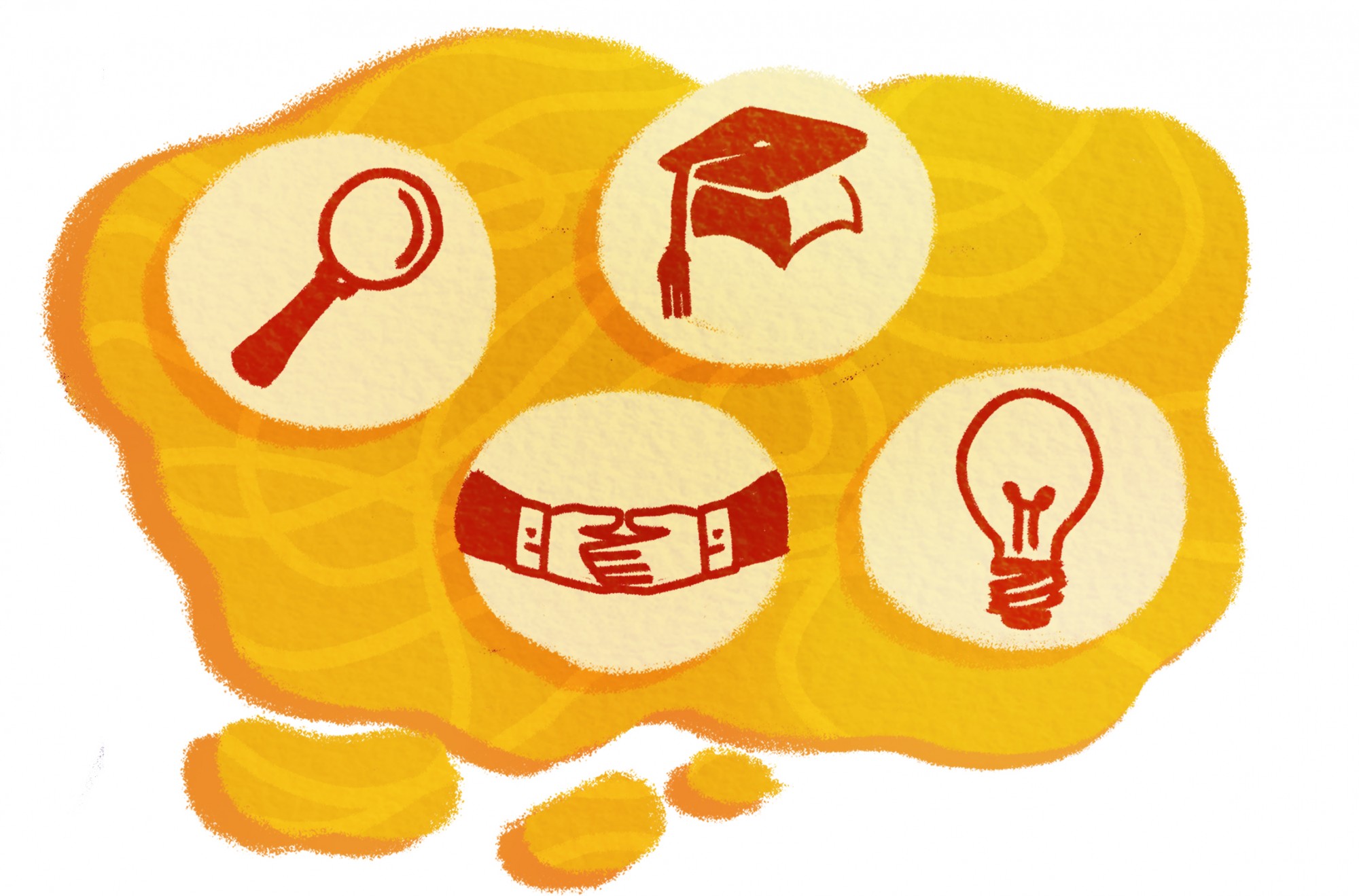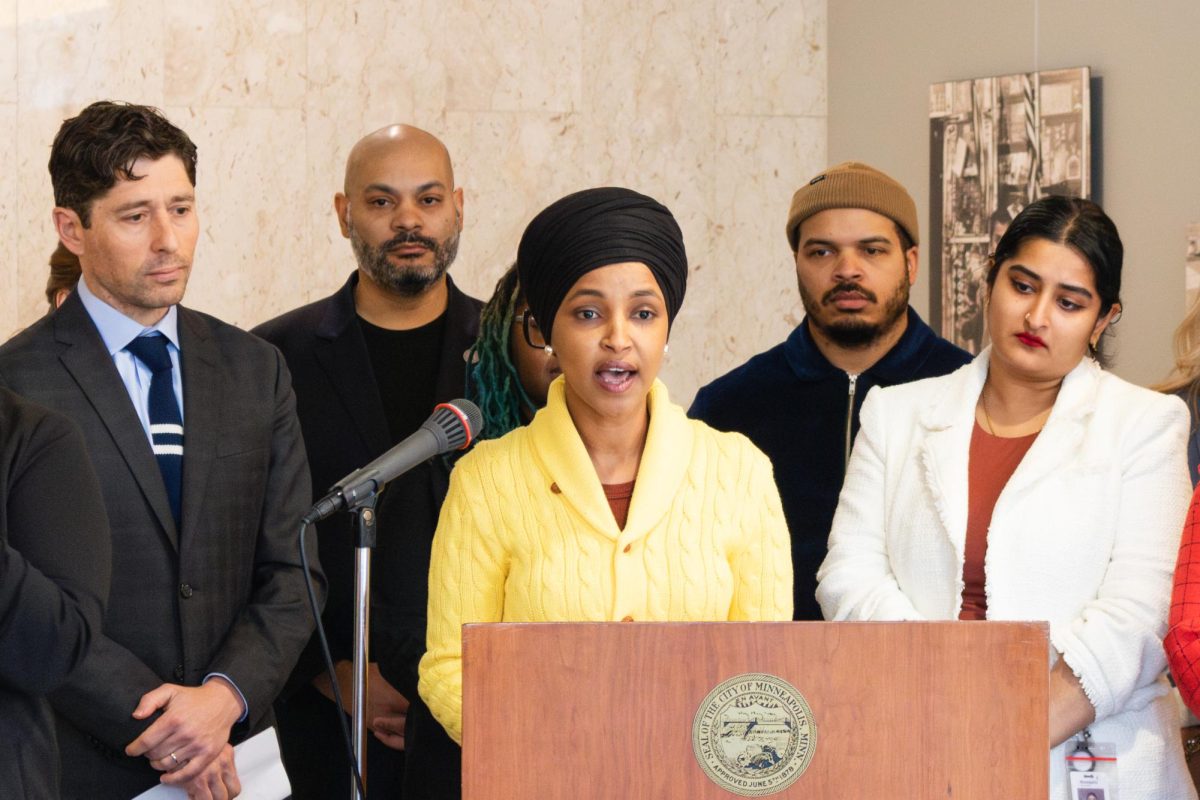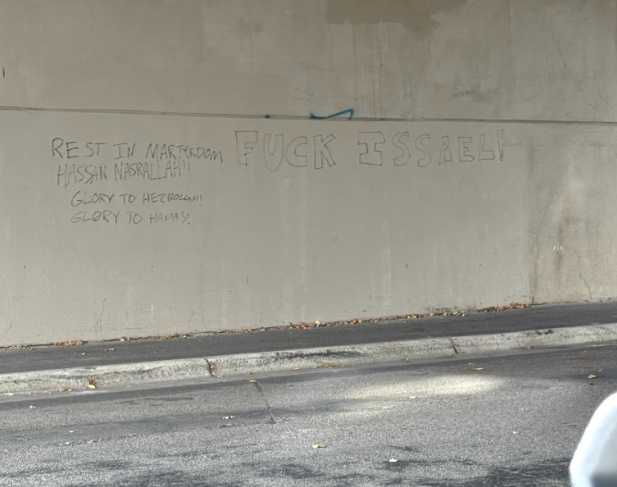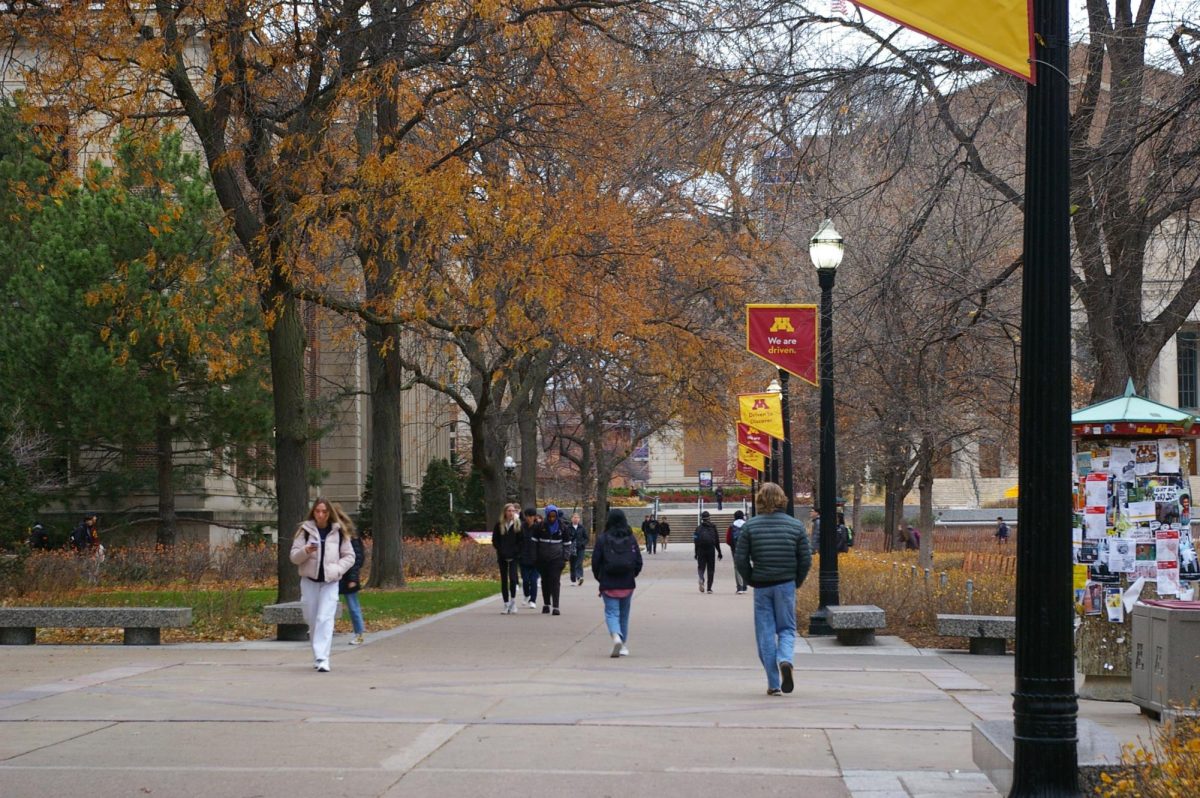At the University of Minnesota Faculty Consultative Committee meeting Thursday, a new liberal education (LE) curriculum was presented.
The University’s current LE has been in place for about 30 years with minimal changes throughout the years. Most recently the University added the Race, Power, and Justice in the U.S. requirement in fall 2021.
Currently in its consultation phase, the new LE curriculum aims to give students the opportunity to organize their general education around important societal questions. The proposed curriculum is planned to be implemented for first-year students starting fall 2026
The final presentation and approval of the curriculum by the Faculty Senate is planned for the coming fall, said Robert McMaster, the vice provost and dean of Undergraduate Education. McMaster oversees the LE requirements and their implementation.
“As a new curriculum emerges, the Office [of Undergraduate Education] makes sure all the pieces are put in place,” McMaster said. “The faculty is responsible for the design of the new curriculum.”
The proposed curriculum would require students to pick one goal inspired by the 17 United Nations (UN) sustainable development goals and take foundation courses in seven categories connected to these goals, according to the proposal. The UN goals are broadly grouped into five overarching elements, which include people, planet, prosperity, peace and partnership.
Foundation courses can count as more than one of the seven core categories, which are similar to the LE curriculum current foundation courses.
Executive Vice President and Provost Rachel Croson charged the Core Curriculum 2025 Committee, which is made up of faculty, advising and student representatives, to develop a “bold” LE curriculum. The committee began meeting in January 2022.
The proposed LE curriculum would require a one-credit introductory seminar that familiarizes students with the goals and the necessities of a liberal education, Will Durfee, a professor in mechanical engineering and the committee’s chair, said. It would also conclude with a one-credit goal synthesis seminar for students to showcase what they’ve learned over the last four years, he said.
Durfee said the new LE curriculum would only apply to first-year students when it is implemented and students already in the system would continue with the current curriculum requirements.
The new curriculum would not impact the ability of transfer students to join the University, Durfee said.
Chriscenterl Marcus, a fourth-year student who transferred to the University in January 2022, said she faced a lot of frustration with the transfer process. She said it was stressful when courses she had already taken did not count toward valuable credit at the University.
“Trying to find the information [of which previous credits would transfer] was difficult,” Marcus said. “I decided to transfer anyway, and then I found out that a lot of my subjects did not go through … It was quite stressful to figure out.”
Marcus said she believes there could have been more done to help make her transition more seamless academically.
“Having someone to talk to that actually knows about the transfer process would be good,” Marcus said. “They sent me back and forth between people and I just decided I would figure it out myself.”
Zeke Jackson, the vice president of the University Student Government, was assigned to work on the Core Curriculum 2025 committee last spring.
Jackson said he wanted the new framework to give students autonomy and flexibility over their liberal education.
Jackson said he has advocated for students to have the opportunity to learn from each other. The new LE curriculum would apply to students across all colleges and allow first-year students to take courses with older students, Jackson said.
“The main questions are around aligning ourselves with sustainable goals, which won’t be set in stone until the end of the year.” Jackson said.












